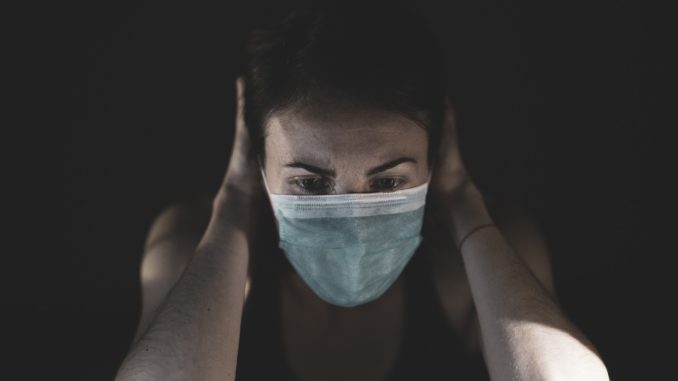
Remember the good old days? When we could catch up with our friends over a drink or go to the cinema to see the latest movie?
Although many countries have started to ease their restrictions, the world we knew before is not returning anytime soon. The thought of dancing at a concert or cheering at a football game seems like a distant reality. Of course, we all love Netflix, but when it is our only option it’s not that fun, right?
Coronavirus has deprived us of many things that were part of our normal daily life. Though, it must be said, we are lucky to have avoided the strict lockdowns that other countries imposed, many of which are still in place.
This extended isolation is having negative effect on mental health, especially for those with pre-existing mental health problems. Prior to the pandemic, the number of young people with psychological issues was on the rise; though now we are seeing coronavirus pose a greater threat. In response to this, the Australian government is providing extra mental health support.
A study by University College London found that those aged between 18 and 24 had the lowest levels of satisfaction during quarantine. They reported that loneliness, depression and anxiety levels are highest among young adults and they miss more things from pre-pandemic life than any other age group.
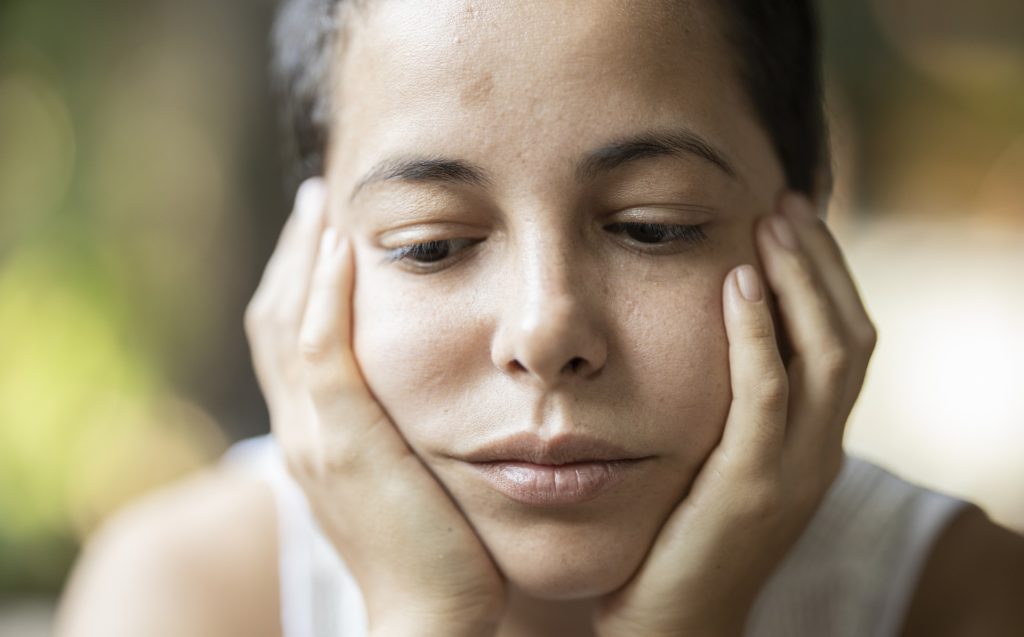
Federica (21) from Lombardy, a hard-hit region of Italy, was in complete lockdown for two months. She was only allowed to travel 200 m from her house, between 7 pm and 8 pm and could be fined up to 3000€ for not adhering to restrictions. She is in her last year of undergraduate study in Milan, so once universities closed their doors, she had to return home to her village. “I was used to living alone in a big city and when I was forced to go back to my parent’s home, I felt like a bird in a cage.” Ever since then, she has been depressed and anxious about her future. “I was supposed to graduate this year, but I’m thinking of postponing my graduation. I don’t want to graduate online, and I have a feeling there’s no future when all my dreams are falling apart.”
Kotryna (24), from Oxford in the UK, has lost her graduate job she secured just a few months earlier. Originally from Lithuania, she recently moved to the UK and has now found herself stuck, far from home. “When the outbreak started, I was very scared because I had no idea when it was going to stop or how the situation was going to develop.” Without a job, she had to tighten her finances. Even though restrictions weren’t as strict as those in Italy, she spent the first few weeks of lockdown sleeping or watching Netflix to distract herself from reality.
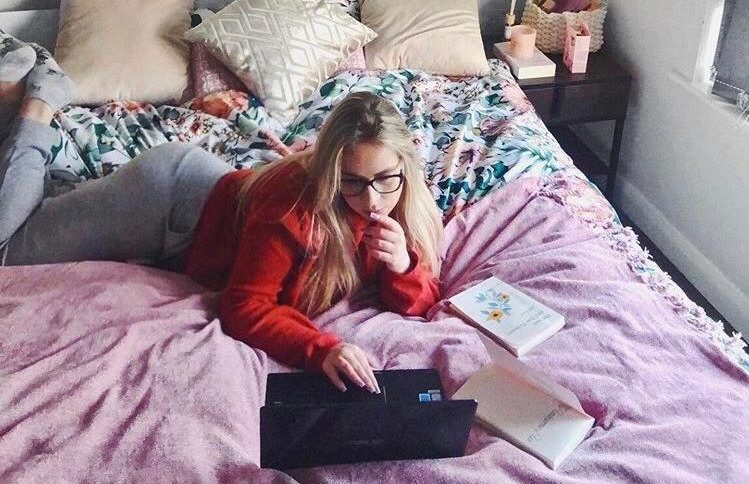
It is not uncommon that people fear the unknown. We like having control of our lives and when we don’t, we can feel anxious. Paul Slovic, a professor at the University of Oregon specialising in risk perception, told ABCNews: “Emotions are rational; their role is to protect us. Fear is rational; it helps us to avoid danger.”
Lockdown has done just that, bringing fear into Martina’s (27) life. “I’ve never liked huge crowds, but now I’m literally scared of people and I’m trying to avoid them as much as possible. We have been told that we should treat everybody around us as potentially infected.” Luckily, the infection rate in her country, Slovakia, has never been as high as those seen in neighbouring European countries, with restrictions being eased faster than predicted.
Though, she is now forced to work from home and feels anxious about returning to work. “It was my first day at a new job when coronavirus entered the country, so we were sent home earlier. I’ve been working for the company for two months, but I haven’t met any of my colleagues yet.”
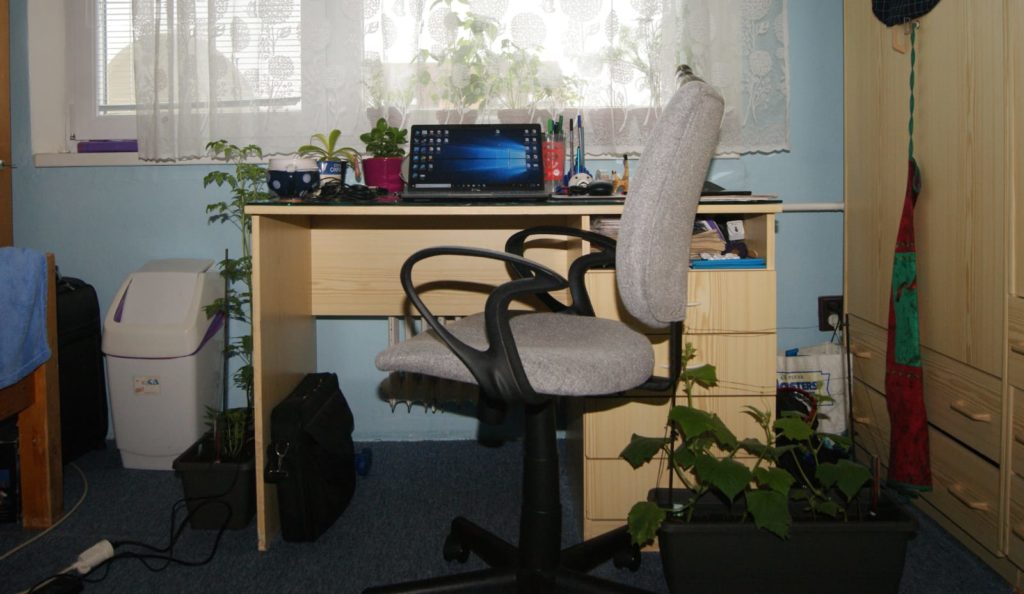
The time we are spending at home has increased drastically. Some people are using it to learn new skills or practice hobbies; But for others, this has created a huge amount of pressure. “When you see all those people on social media using quarantine to exercise, paint, bake or draw, and I wasn’t doing any of these things, I was questioning myself: am I missing something?”, says Martina.
Lack of motivation and distress is very common among young people. After all, how are you supposed to motivate yourself when the future is so uncertain and blurry? Dolores Pranjic, a student counsellor at the University of Zadar, says it’s important to establish a daily routine in quarantine, take care of your body – exercise, have a good sleep routine, allow yourself to process and experience emotions and set realistic expectations.
“At the beginning of lockdown, I found it hard to study because I had no motivation, but now when exams are approaching, I’m trying to push myself to study”, says Federica.
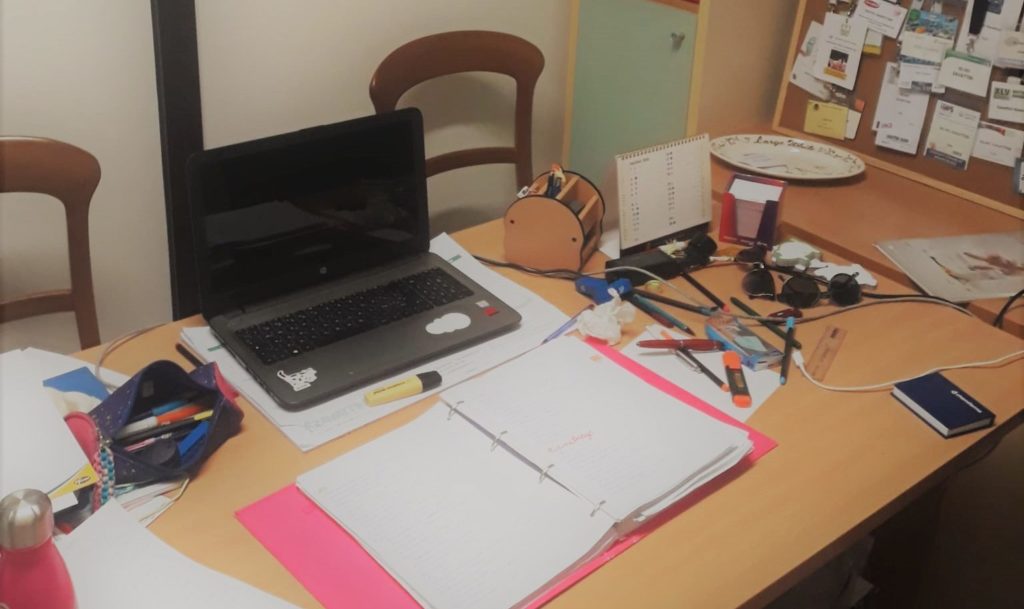
Mental health experts warn that the psychological impacts of Coronavirus will be felt for a long time. It has affected everyone, not just those infected with the virus or those in strict lockdown. Coronavirus has forced us into a new way of living, with an even greater technological dependency. When the pandemic ends, people will have a hard time going back to ‘normal’ life.
“We have been inside our houses for so long that we forget what normal life looks like. It’s like we don’t feel anything anymore.”, says Federica.
Some believe that society has changed for the worse, “People have less empathy for each other, they criticize everything around them and have a negative outlook on life.’’, she says.
Martina is worried: “I hope I won’t be too scared to meet and approach people and that I won’t practice social distancing for the rest of my life.”
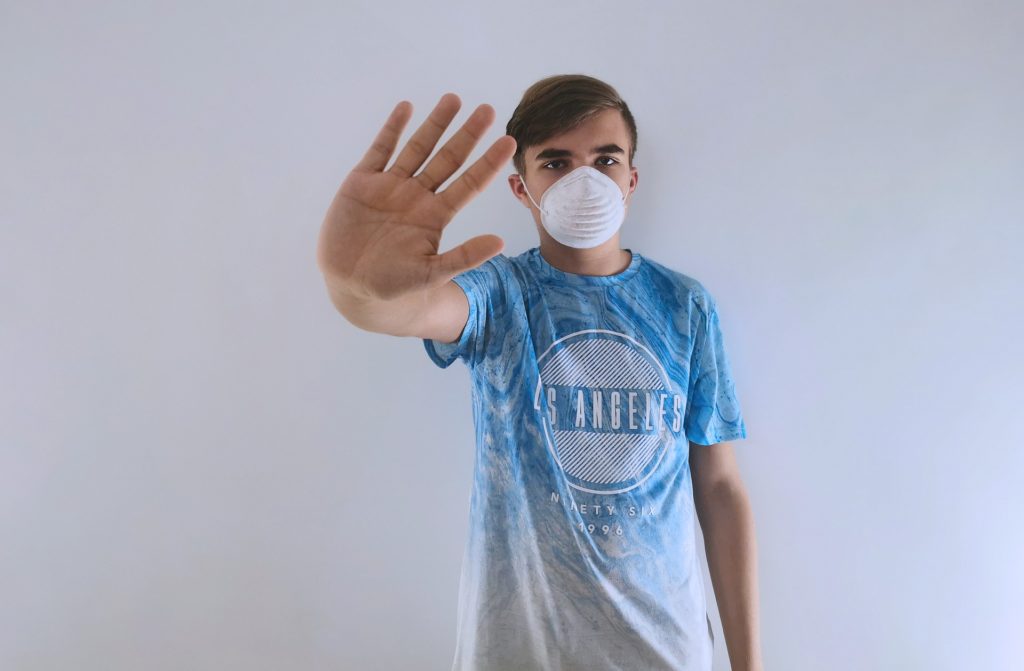
Though, there may be a silver lining – starting to have more appreciation for what we do have. On a hopeful note, Kotryna says “I will pay more attention to my family and friends. I didn’t talk with them as much as I should have because I always thought there’s tomorrow, we have infinity, we have forever, but now I know I have to live more in the moment.”
Regardless of how coronavirus has impacted our lives, we are all uncertain of what the future looks like. As always, looking after our mental health is important, and even more so amidst a pandemic.
If you are experiencing depression, anxiety or any other mental health problems, you can reach out to free 24/7 counselling services such as: Lifeline, Beyond Blue or Kids Helpline (for young people aged 5-25).





Be the first to comment